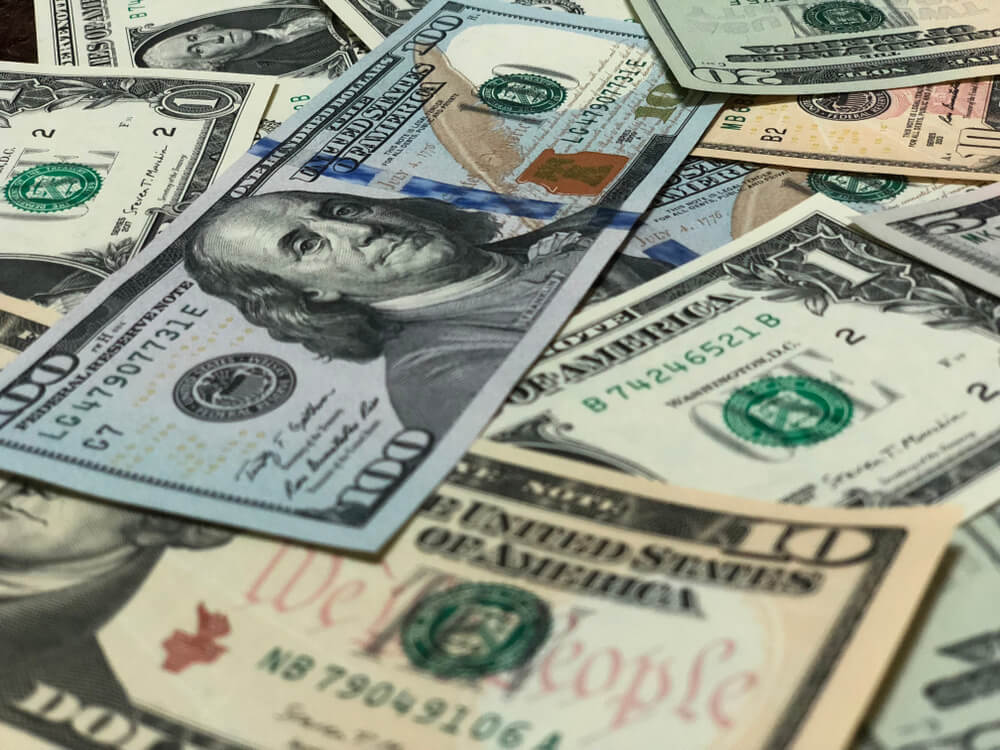Let us check the market. Against a basket of six major currencies, the United States dollar index fell to its weakest since mid-March. Before settling in neutral territory at 97.82, it had been at its most vulnerable since mid-March, at 97.44.
Following a peak hit in March, the index has fallen by about 5%. This was the period when the panic over the COVID-19 pandemic gripped the world’s financial markets. Thus, this prompted investors to scramble for the safety of the dollar.
George Saravelos is a currency strategist at Deutsche Bank. He said that he forecast the dollar weakening around 10% in narrow trade-weighted terms, taking out the risk premium fully. Moreover, he added that the currency had fallen by 3% so far. Saravelos forecasts the rise of euro/dollar to $1.15.
Bloomberg reported that China had told state-owned companies to halt purchases of pork and soybeans from the United States. Moreover, this raised concerns that the trade deal between the two biggest economies of the world could be in danger. Thus, on Monday, the risk sentiment of the market was hurt slightly.
China and the United States
Later, on Monday, information became available that state-owned companies from China bought at least three cargoes of United States soybeans. This occurred despite the fact that sources in China confirmed that the government had given instructions to stop purchases.
Optimism also pulled through the rising social unrest in the United States. Moreover, the United States President, Donald Trump, vowed that he would deploy the military to halt the violence if governors and mayors failed to regain control of the streets.
The reason for the protests was the death of George Floyd. He was a 46-year-old Africa-American. Floyd died in police custody after being pinned beneath a white officer’s knee for nearly nine minutes.
There were reports that Britain might be willing to compromise on trade rules and fisheries. This is in case the European Union agrees to back off from its demands related to fishing access and regulatory alignment.
This is the current news of the market.















